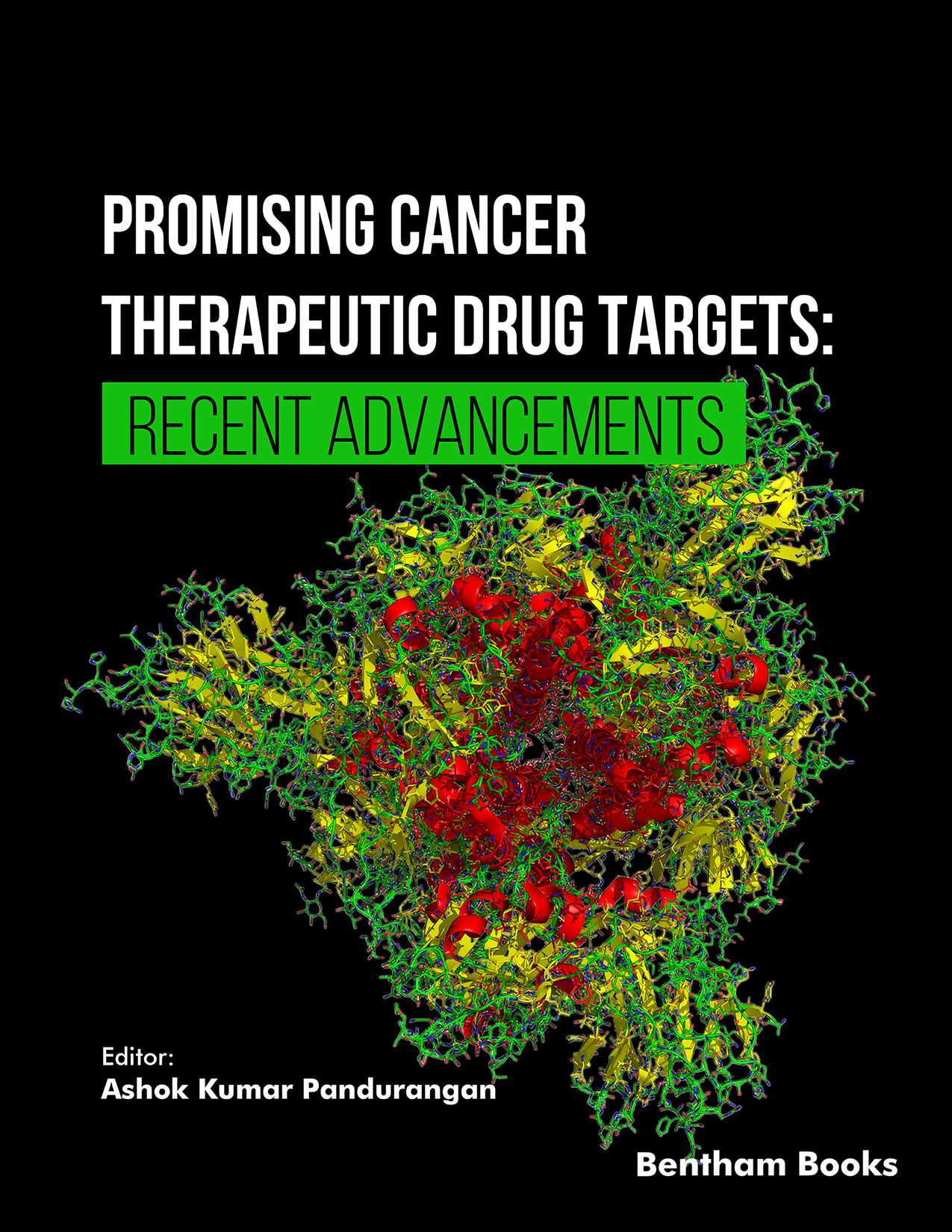Introduction
Promising Cancer Therapeutic Drug Targets: Recent Advancements offers a comprehensive overview of novel and emerging strategies in cancer therapy. The book explores cutting-edge approaches such as exosomal delivery systems, CRISPR/Cas9 gene editing, and immunotoxins, alongside targeting mechanisms like cancer stem cells, apoptosis pathways, and key signaling processes. A strong emphasis is placed on the therapeutic potential of natural compounds in disrupting cancer progression and enhancing treatment response. Chapters are organized around molecular targets, therapeutic pathways, and bioactive agents to provide a clear, thematic structure.
Key Features:
- - In-depth exploration of CRISPR/Cas9, exosomes, and stem cell-targeted therapy.
- - Focus on natural compounds in cancer treatment.
- - Insights into key signaling pathways (Hippo, Hedgehog, STAT3)
- - Discussion on apoptosis and drug resistance mechanisms.
Readership:
Ideal for students, researchers, and professionals in oncology, pharmacology, and biomedical sciences, this book serves as both an educational resource and a reference for innovative cancer treatments.

